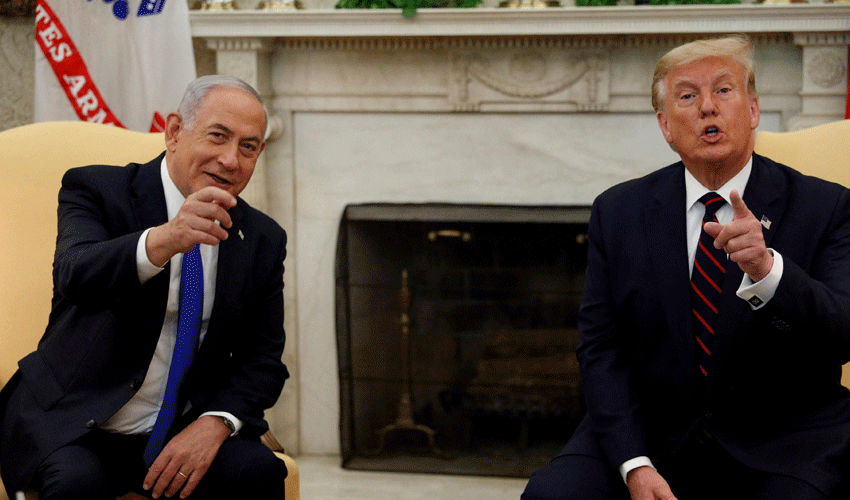A member of the Saudi Shura Council, Yousef bin Trad Al-Saadoun, has strongly criticized U.S. President Donald Trump’s proposal to evict Palestinians from Gaza, suggesting instead that relocating Israelis to Alaska and Greenland would be a better solution for Middle Eastern security.
Trump has repeatedly advocated for the displacement of Palestinians, claiming he plans to “turn Gaza into the Riviera of the Middle East.”
His remarks have drawn condemnation from several Arab, European, and Western nations, including Canada, France, Germany, and the UK. In response, Israeli Prime Minister Benjamin Netanyahu sarcastically suggested that Palestinians should establish their state in Saudi Arabia instead of their own homeland, dismissing Palestinian sovereignty.
“The Saudis have plenty of land; they can create a Palestinian state there,” Netanyahu remarked.
In a piece published in the Saudi newspaper Okaz, Al-Saadoun countered, stating:
“If Trump truly wishes to be a hero of peace and bring stability to the Middle East, he should relocate his beloved Israelis to Alaska and then to Greenland—after annexing it.”
He urged Palestinians to remain united, warning that “the worst is yet to come.”
Al-Saadoun also rejected Netanyahu’s suggestion of creating a Palestinian state in Saudi Arabia, stating that the “Zionists and their allies will not succeed in manipulating Saudi leadership through political and media pressure.”
The Saudi official further criticized Trump’s decision-making, arguing that flawed policies emerge when leaders “ignore accumulated knowledge and expertise” and refuse expert advice.
He also accused the U.S. of blindly following Israel’s policies, claiming:
“Washington’s foreign policy now supports the illegal occupation of sovereign land and the ethnic cleansing of its population—both of which are Israel’s methods and constitute crimes against humanity.”
On Sunday, Riyadh strongly condemned Netanyahu’s remarks, reaffirming the Palestinian people’s right to their homeland.
The Saudi Shura Council, which advises the king on policy and legislation, has no legislative power but plays a key role in shaping economic programs, laws, and social policies.



